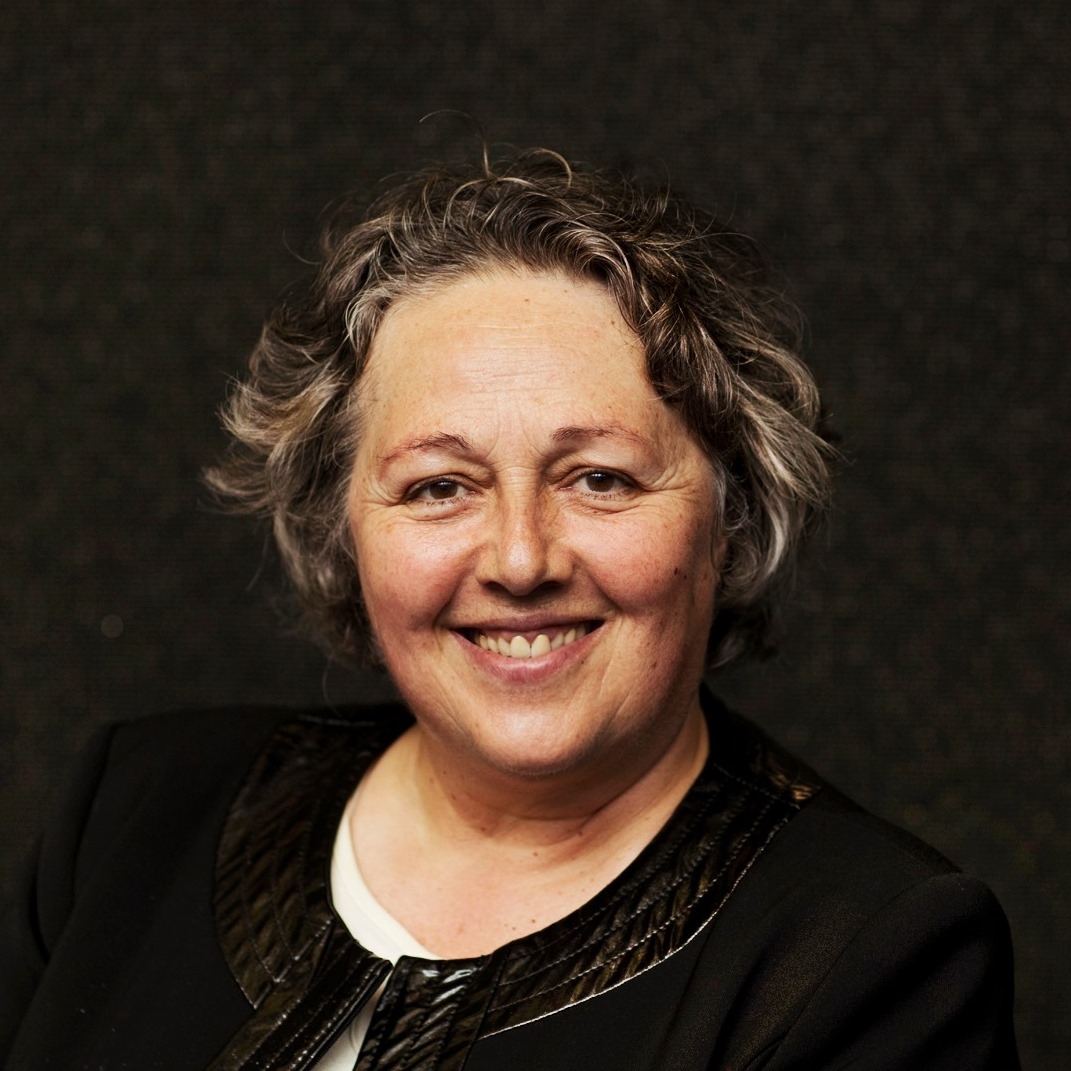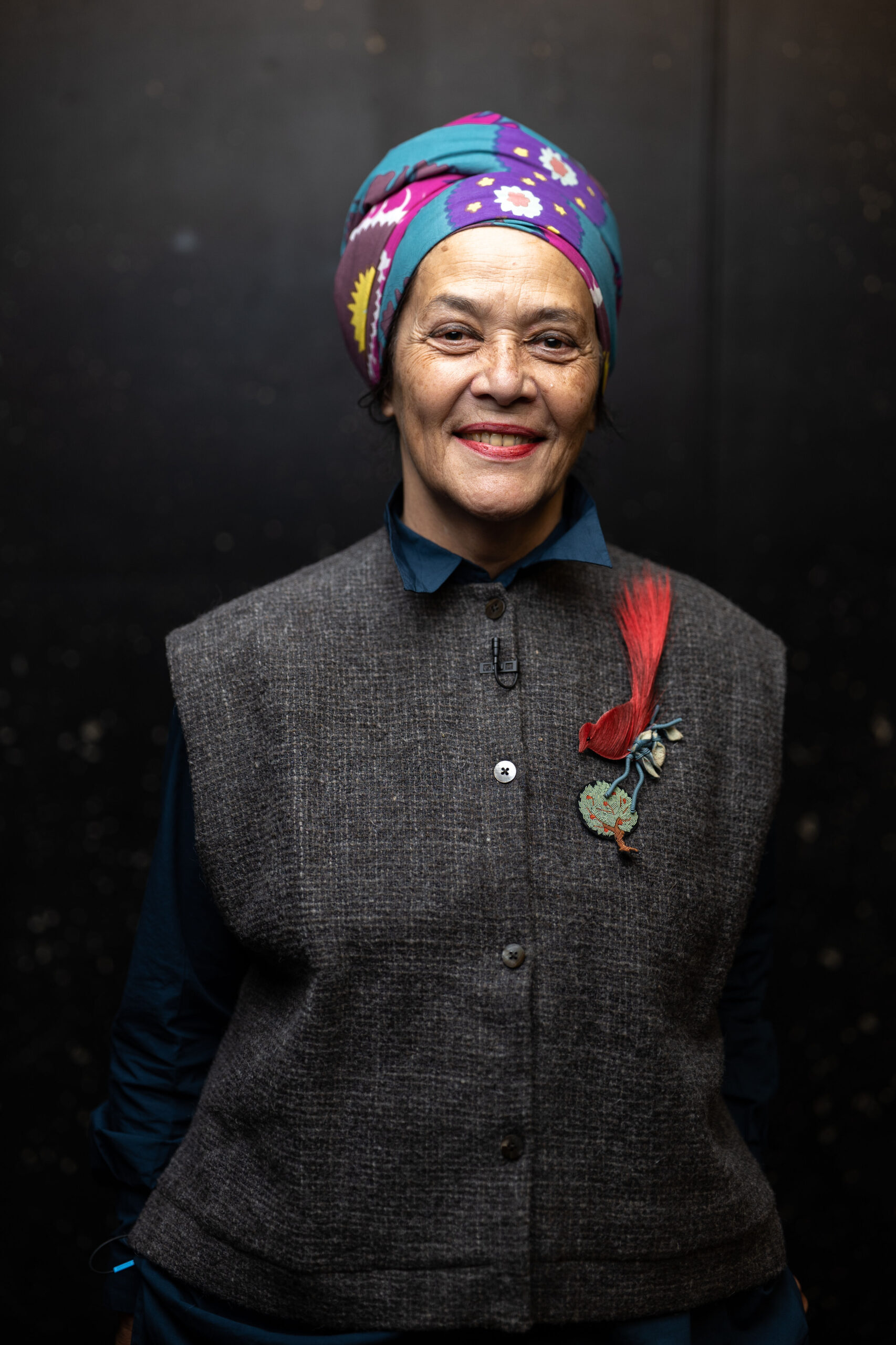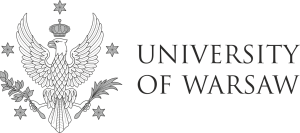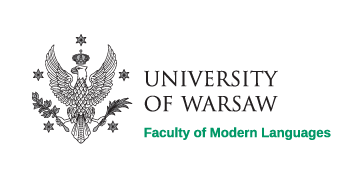
Rosi Braidotti
Utrecht University
Rosi Braidotti is a feminist Continental philosopher and Distinguished University Professor Emerita at Utrecht University in the Netherlands. She holds degrees in philosophy from the ANU and the Sorbonne and Honorary Degrees from Helsinki (2007) and Linköping (2013). She is a Honorary Fellow of the Australian Academy of the Humanities (FAHA) and also a Member of the Academia Europaea. In 2022 she received the Humboldt Research Award for life-long contribution to scholarship.
Braidotti’s publications have consistently been placed in continental philosophy, at the intersection with social and political theory, cultural politics, gender, feminist theory and ethnicity studies. The core of her interdisciplinary work consists of four interconnected monographs on the constitution of contemporary subjectivity, with special emphasis on the concept of difference within the history of European philosophy and political theory. Braidotti’s philosophical project investigates how to think difference positively, which means moving beyond the dialectics that both opposes it and thus links it by negation to the notion of sameness. Her work has been translated in more than 20 languages and all the main books in at least three languages other than English.
Influenced by philosophers such as Gilles Deleuze and especially “French feminist” thinker Luce Irigaray, Braidotti has brought postmodern feminism into the Information Age with her considerations of cyberspace, prosthesis, and the materiality of difference. Braidotti also considers how ideas of gender difference can affect our sense of the human/animal and human/machine divides. Braidotti has also pioneered European perspectives in feminist philosophy and practice and has been influential on third-wave and post-secular feminisms as well as emerging posthumanist thought.

Françoise Vergès
French political scientist, historian, film producer, independent curator, activist and public educator. She received her political education from her anticolonial communist parents and the people in Réunion Island, an education she pursued in Algeria, Mexico, England, the UAE, the USA, and France.
Arriving in France in the 1970s, she was active in antiracist movements and later worked as a feminist journalist and editor and as a freelance writer for anti-imperialist journals. In 1983, she went in the USA where she held menial jobs before entering the university. She got her Ph.D. in Political Theory at the University of Berkeley (1995. Her doctoral thesis Monsters and Revolutionaries: Colonial Family Romance and Métissage was published by Duke University Press in 1999), before holding positions at Sussex University, Goldsmiths College, Brown University and the Africa Institute. Vergès has always been active in the art/activist world, as a curator for the Memorial of the Abolition of Slavery (Nantes), a co-founder of the collective “Decolonize the Arts” (2015-2020), the initiator of decolonial visits in museums and as creator of “L’Atelier”, a workshop and public performance with artists and activist (the more recent one was for Berlin Biennale, 2022). As the co-director of the team for a “post-museum” in Réunion Island (2004-2010), she proposed the notion of a “museum without objects” (the project was politically defeated in 2010). She is on the board of different artistic projects and a member of the scientific council of the Foundation for the Memory of Slavery in France.
Interested in the racial fabrication of “premature death” and in the multiple practices of resistance, she writes books and articles on the afterlives of slavery and colonization, climate catastrophe and racism, the impossible decolonization of the western museum, decolonial feminism, psychiatry, and the “post-museum.” Her publications include: A Program of Absolute Disorder. Decolonizing the Museum (Pluto, 2024), A Decolonial Feminism (Pluto, 2021); The Wombs of Women: Race, Capital, Feminism (Duke University Press, 2020), Aimé Césaire, Resolutely Black. Conversations with Françoise Vergès (Polity, 2020). She has written documentary films on Maryse Condé (2013) and Aimé Césaire (2011), and was a project advisor for documenta11 (2002) and the Triennale de Paris (2011).



